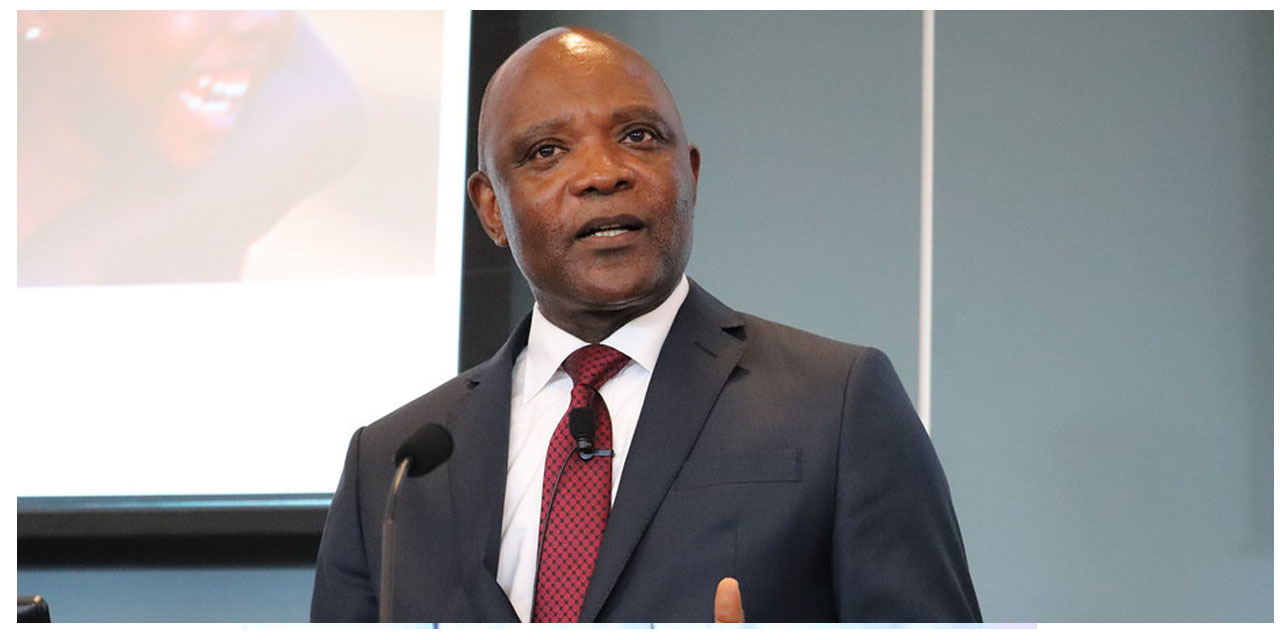Niël Terblanché
The opportunistic misinterpretation of the ruling of Namibia’s Supreme Court with regard to the immigration rights of people in same-sex marriages consummated outside the borders of the country by many influential personalities might have far-reaching funding consequences for the country.
The initial kneejerk reaction to the Supreme Court’s ruling and the subsequent tabling and approval of a private member’s bill in the National Assembly to change the definition of the word spouse as described in the Namibian Constitution has had a chain reaction amongst donor countries and organisations that politicians and legislators should have anticipated.
Ambassador John Nkengasong, the United States Global AIDS Coordinator and head of the United States President’s Emergency Plan for AIDS Relief (Pepfar) expressed concern about the direction of the Namibian Government with regard to the so-called anti-gay laws that are currently in the legislative process.
In his own kneejerk reaction, Nkengasongsaid during a televised panel discussion in Washington, part of which was posted on Twitter, said that discussions must be held with the Namibian Government about the direction it chose to take with regard to identity politics.
“We should see this in the context of the rights and dignity of a person. The right to access quality healthcare regardless of who you are. Everyone within the boundaries of Namibia should have access to health care without fear of discrimination, fear of segregation or fear of being criminalised,” he said
Nkengasong said Pepfar is making a case and argues that the war against HIV Aids will not be won or brought to an end if countries like Namibia segregate, stigmatise or discriminate against a segment of its population.
“It is the same approach that we’ve had in the dialogue in Uganda and we hope to have the same conversation with the Namibian Government, the Joint United Nations Programme for HIV/AIDS (UNAIDS) and other partners. We have not yet engaged with Namibia yet but we hope for a positive outcome,” he said.
Nkengason did not mention if the financial aid that Namibia receive from Pepfar is currently in danger of being reduced as was the recent case with the Ugandan government.
During a visit to Namibia a little over a month ago, Nkengasong announced that Pepfar will provide more than N$1.6 billion in funding to support the country’s HIV/TB response.
Pepfar has been involved in the HIV/TB response for the past 18 years.
In Namibia, 92 percent of people know their HIV status, 99 percent of people living with HIV are on treatment, and 94 percent of people living with HIV who are on treatment are virally suppressed meaning the virus is not detectable in their bodies.
Nkengasong said that Namibia is leading in innovative programs and approaches to reach and sustain control of the HIV epidemic and is an example to other countries in the region.
During the visit, Nkengasong congratulated Namibia on the remarkable progress towards reaching the UNAIDS 95-95-95 targets and ending HIV as a public health threat by 2030.
Dr Kalumbi Shangula, Namibia’s Minister of Health and Social Services, said the private member’s bill passed in the National Assembly has nothing to do with the provision of health services in the country.
“Pepfar is funding HIV prevention activities and the funds complement what the Namibian Government is already doing for the prevention and eradication of the epidemic in the country,” he said.
The health minister emphasized that any person in Namibia can access health services at all times because it is open to all people.
“When a person comes to a health facility to receive treatment or care, we never ask about his or her sexual orientation. It simply does not matter and has got nothing to do with the official who must provide health services or the way people are treated,” Shangula stressed.




